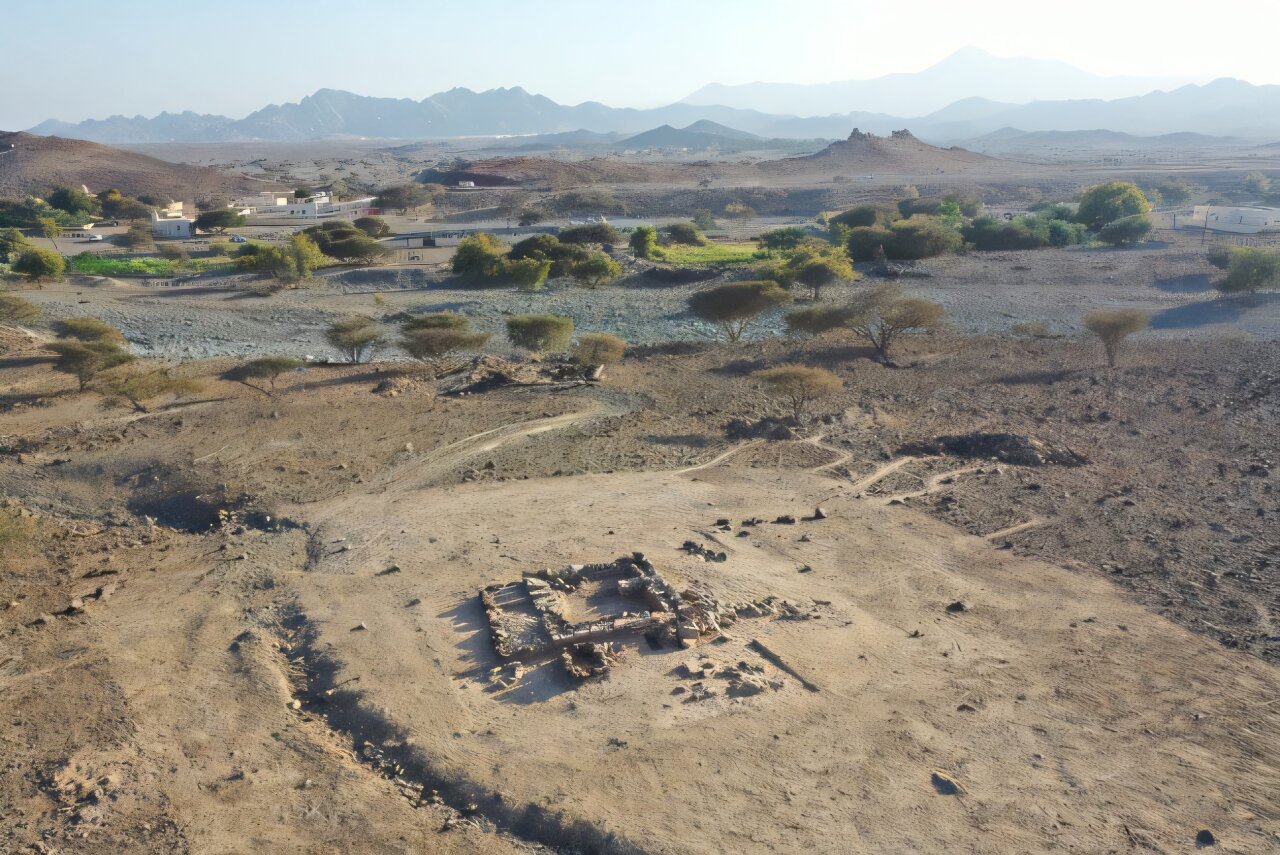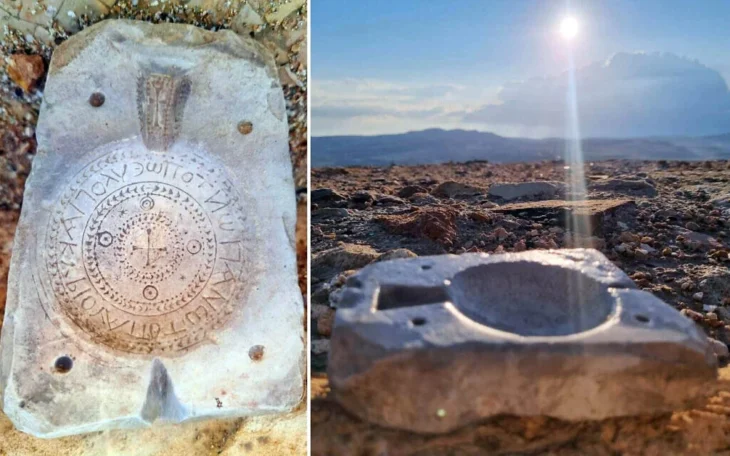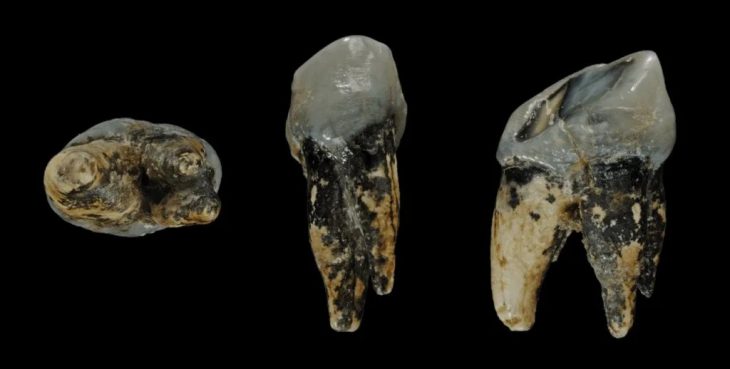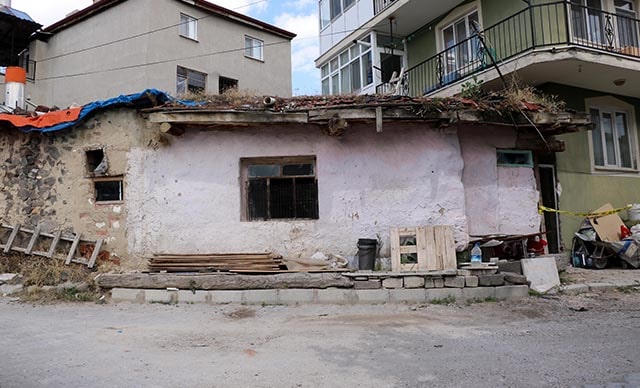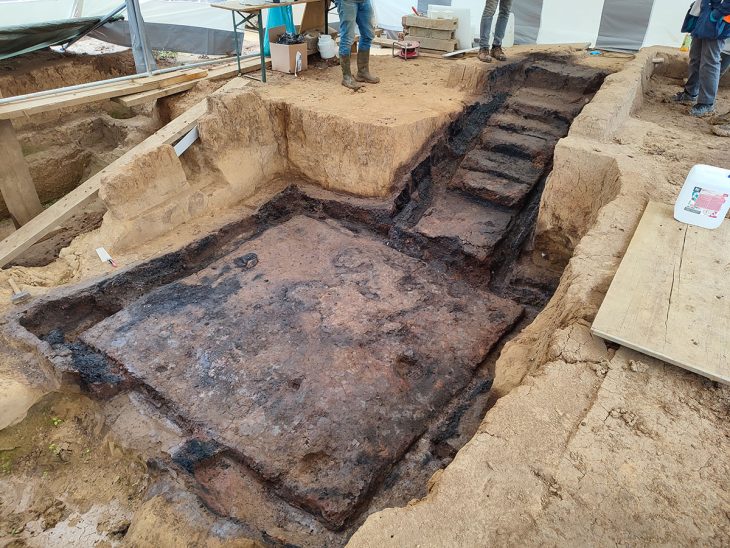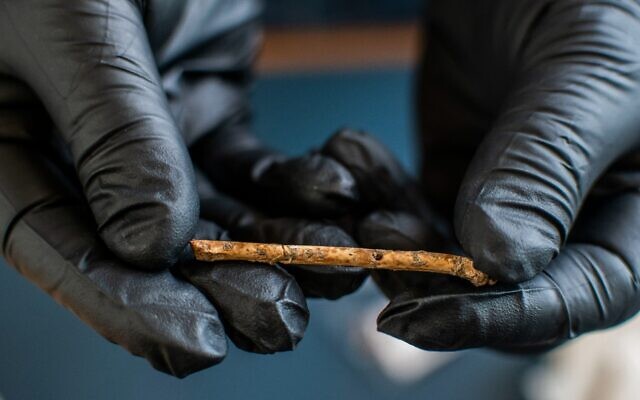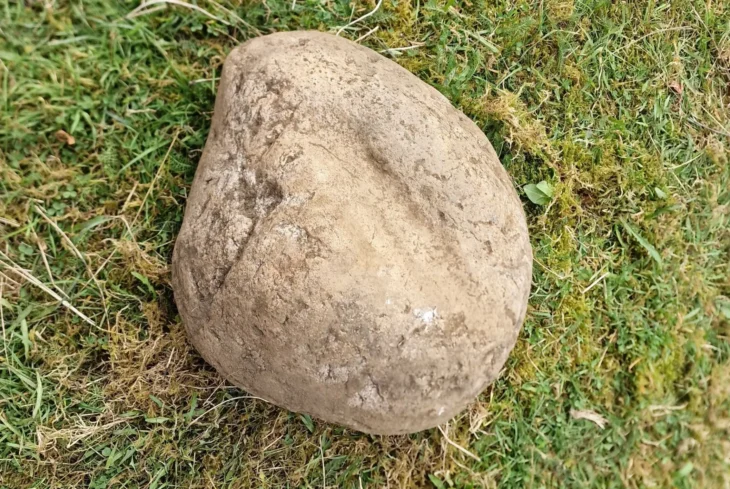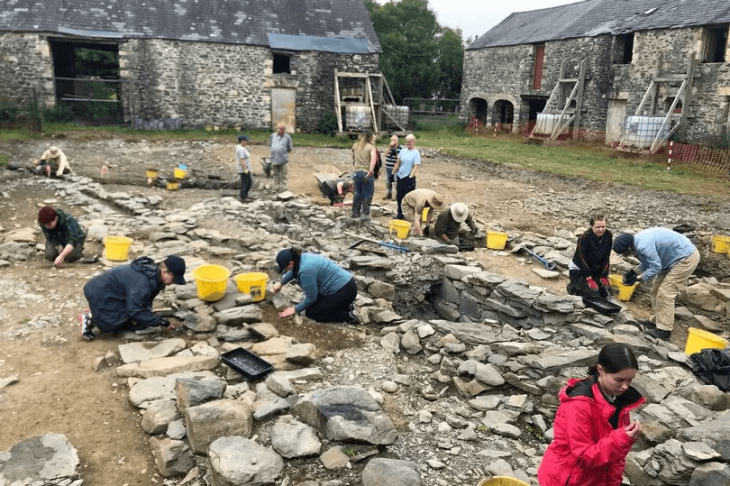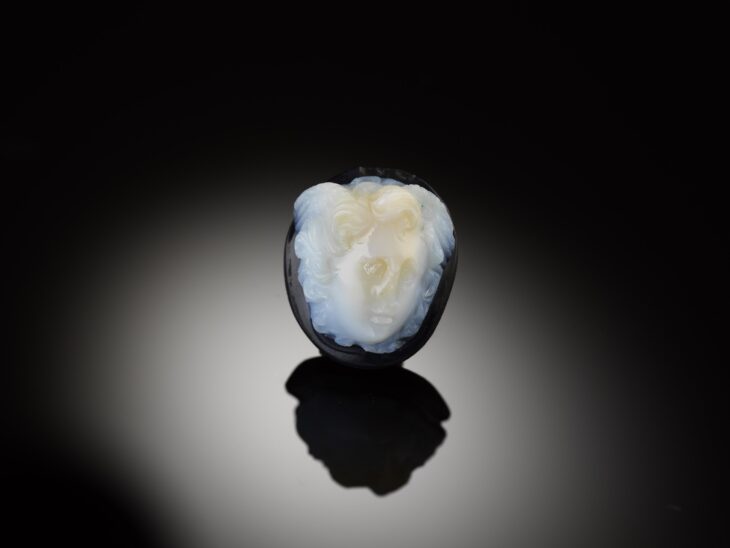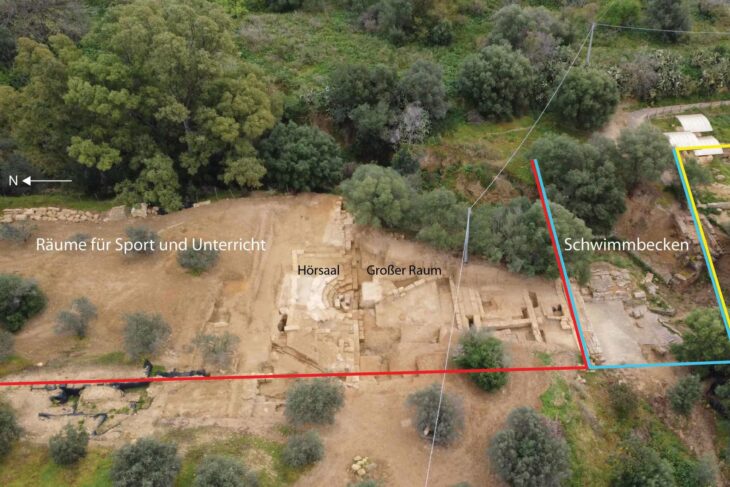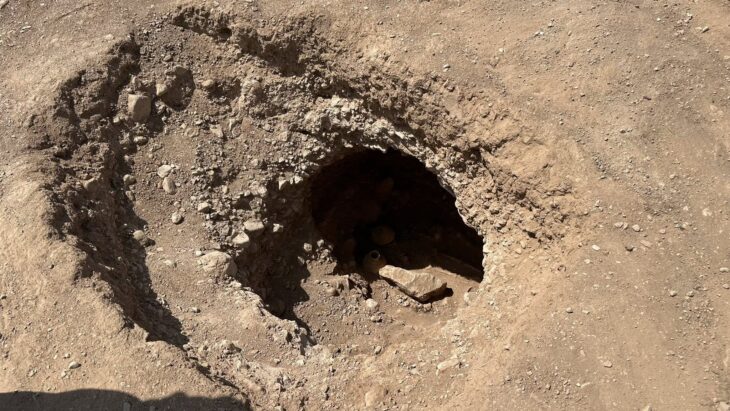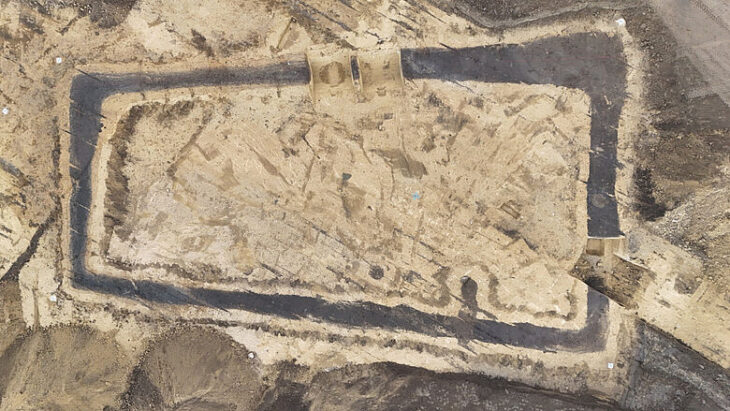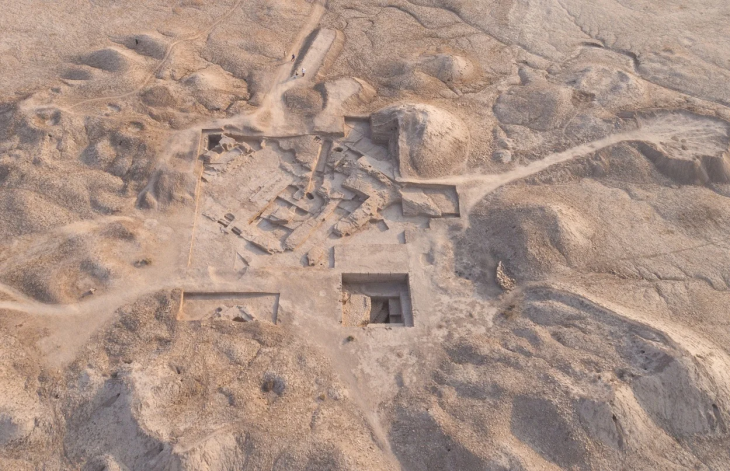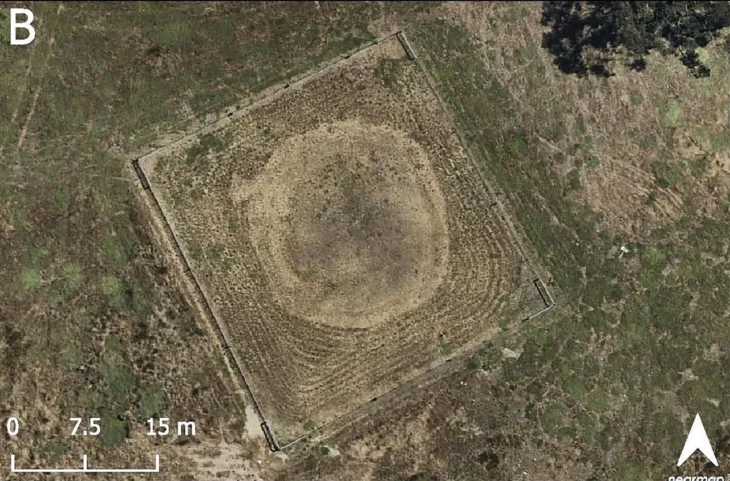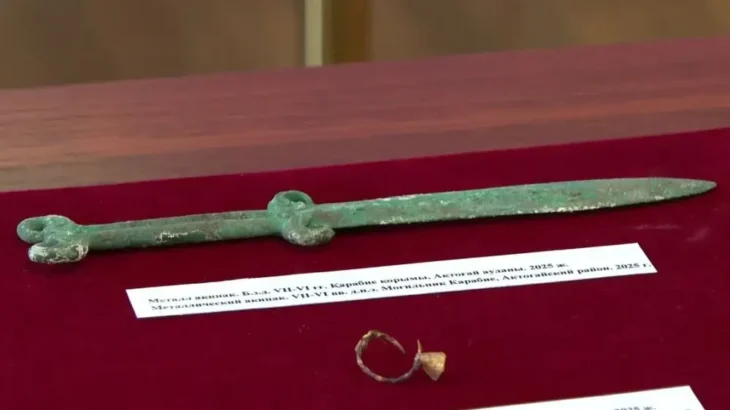Recent archaeological discoveries in Oman have unveiled significant insights into the musical practices of Bronze Age societies, suggesting a rich tapestry of cultural exchange across the Arabian Gulf. Excavations at a 4,000-year-old settlement near Dahwa have uncovered two copper cymbals, which researchers believe highlight the interconnectedness of ancient communities from Arabia to South Asia.
Led by archaeologist Professor Khaled Douglas from Sultan Qaboos University, the team analyzed the cymbals and found that, while they bear a striking resemblance to those from the Indus Valley civilization in present-day Pakistan, their chemical composition indicates they were crafted from local copper sources in Oman. This finding suggests that the inhabitants of Dahwa utilized regional materials to create distinctive musical instruments, reflecting a unique cultural identity.
The discovery of these cymbals is particularly noteworthy as it challenges previous assumptions about the origins and development of such instruments. The research, published in the journal Antiquity, indicates that the musical traditions associated with these cymbals may have been shared between the Umm an-Nar culture of Oman and the Indus Valley civilization, fostering close ties between these disparate societies.
Professor Douglas notes that the ritual practices involving the cymbals could have been transmitted in either direction—either from southeastern Arabia to the Indus Valley or vice versa. This ambiguity highlights the complexity of cultural interactions in the region, which were not solely based on trade but also involved the exchange of ideas and traditions.
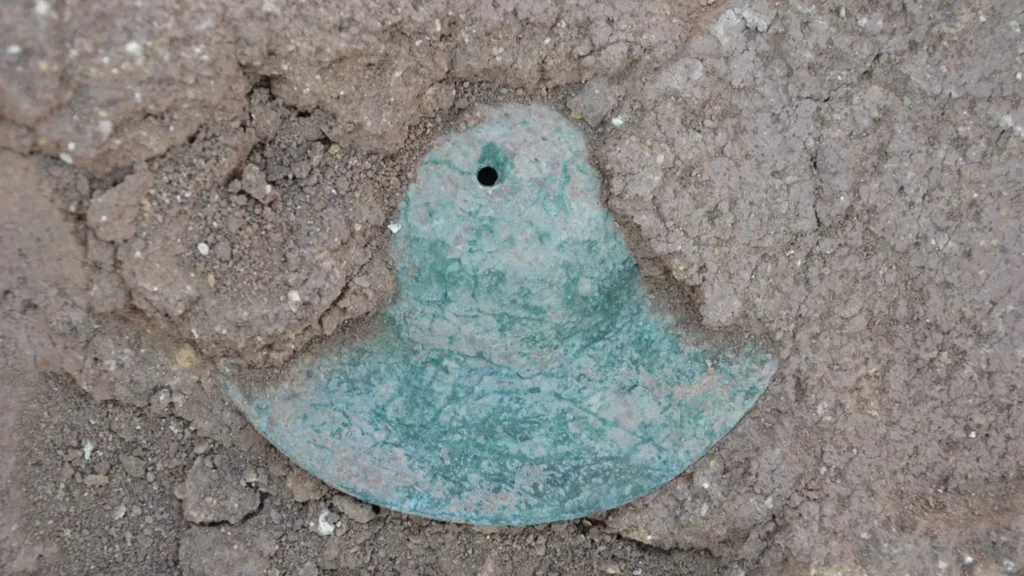
Previous evidence of contact among Bronze Age societies in the Arabian Gulf has primarily focused on trade items such as pottery and metal objects. However, the Dahwa cymbals provide a rare glimpse into the social and cultural dimensions of these interactions. The presence of musical instruments in archaeological contexts suggests that music played a vital role in communal rituals, ceremonies, and possibly even religious practices.
📣 Our WhatsApp channel is now LIVE! Stay up-to-date with the latest news and updates, just click here to follow us on WhatsApp and never miss a thing!!
The cymbals were discovered in a rectangular building, positioned beneath a stone floor, likely as offerings to deities. Researchers speculate that the ceremonies held at this site included music, chanting, and dancing, underscoring the importance of these practices in fostering community bonds.
As the study of these ancient cymbals continues, it becomes increasingly clear that music was a universal aspect of human life, serving as a powerful force for connection among diverse cultures. The findings from Dahwa encourage a reevaluation of the social implications of interregional contacts during the Bronze Age, suggesting that shared musical traditions may have been a key element in maintaining harmonious relationships among the various communities around the Arabian Gulf.
In conclusion, the discovery of the Dahwa cymbals not only enriches our understanding of Bronze Age musical practices but also emphasizes the significance of cultural exchange in shaping the identities of ancient societies. As researchers delve deeper into the past, the role of music in uniting people across time and space remains a compelling narrative in the story of human civilization.
Bronze Age cymbals from Dahwa: Indus musical traditions in Oman, Antiquity (2025). doi.org/10.15184/aqy.2025.23
Cover Image Credit: Aerial photograph of the building in which the cymbals were found. Antiquity

